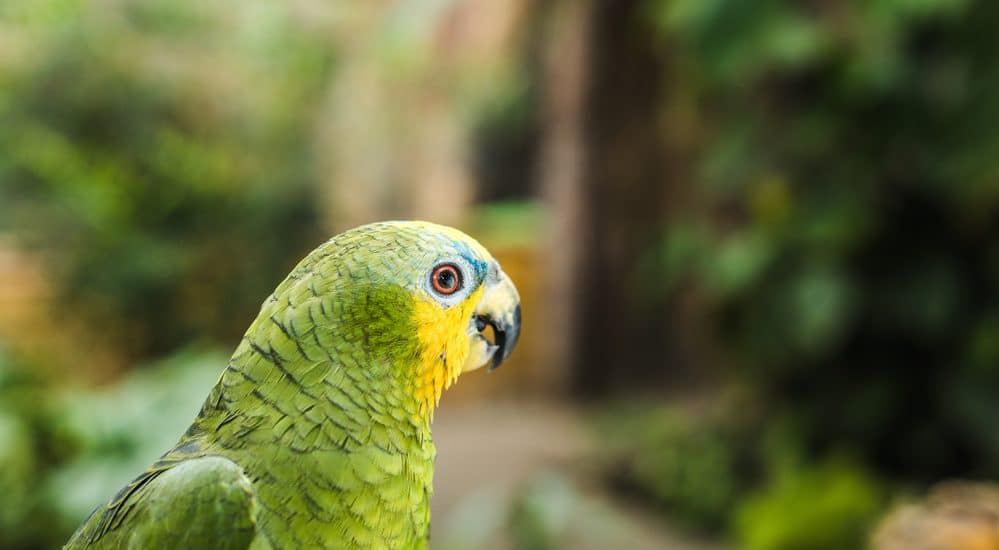What Are Some Common Signs That It’s Time for a Check up for your Exotic Pet?
- November 16, 2022
- Posted by: Santiago Diaz
- Category: Office

Your exotic pet might be unable to communicate to you that they feel unwell, so you might wonder when you need to take it to the vet for a checkup. It’s also normal for many clients to be uncertain if a specific clinical sign is truly concerning or if it will just clear up on its own. Overall, it’s best to just check with your Orlando exotic veterinarian if you’re unsure, but here are some common signs that you should look out for.
Common Clinical Signs of Disease
Vomiting and Diarrhea
These are very nonspecific signs that can be caused by anything, from a serious condition to a stomach upset on a certain day. If you notice vomiting happening once or twice, pay attention to it, but your pet could be fine.
The problem is if your pet continues to vomit or if it’s experiencing diarrhea. These conditions can be worse, especially since diarrhea tends to lead to a significant loss of fluid and nutrients if left untreated.
Weakness
This refers to any type of weakness related to standing, difficulty walking, wobbling, or dragging their legs. These types of sudden difficulties can indicate something serious, like a blood clot that you would otherwise be unable to notice.
You might also notice limping, which might indicate some sort of muscle strain, bruise, or fracture. If your exotic pet keeps limping and you can’t spot any physical issues with them, be sure to take your pet in to see our veterinarians.
Drinking and Eating
There are two sides to this coin: drinking and eating excessively or not at all. If your pet is suddenly drinking a lot of water, don’t just dismiss this as a sudden strange behavior. Keep an eye on them, make an appointment, and ask if your vet might need something like a urine sample to check that there’s no underlying disease.
On the other hand, you might notice your pet not eating or drinking and maybe retching along with that. Together, these signs can indicate the potential ingestion of a toxin or a foreign body, or possibly some dysfunction in their organs. Your pet will need to be seen as soon as possible.
Lumps or Swelling
Any time you notice your exotic pet with lumps, swelling, or issues with its skin, this can be an indication of a more serious problem. Granted, this could also be bites or stings from insects, but what you’re looking for here is any unusual bumps that you haven’t seen before.
In terms of swelling, check whether your pet has a distended abdomen. This will likely accompany other symptoms like difficulty eating or moving or even vomiting. If this is the case, your pet definitely needs immediate care.
Bad Breath
Just like in humans, bad breath in animals can signify that your pet has some dental problems. Specifically, they might have dental disease due to the buildup of plaque and tartar.
Your vet can help with this by either recommending a diet change or cleaning their teeth and removing anything that causes pain. It may seem like nothing concerning if your pet has bad breath, but it might even indicate something more serious, like kidney issues as well, so it’s best to get it checked out.
Schedule A Checkup With Our Exotic Veterinarians
If you encounter the clinical signs mentioned above, be sure to schedule a checkup with our exotic veterinarians. Overall, be sure to monitor your exotic pet’s health closely so you’d know if it’s exhibiting any unusual behavior.
